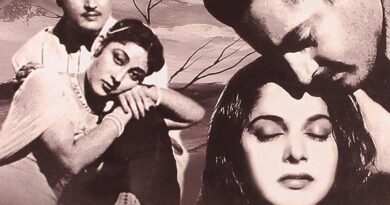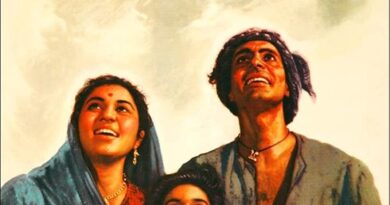The Enduring Legacy of the Lord of the Rings Trilogy: Shaping Fantasy on Screen
The world of cinema forever changed when Peter Jackson brought J.R.R. Tolkien’s “The Lord of the Rings” trilogy to the silver screen at the turn of the century. This epic tale of Middle Earth, filled with hobbits, wizards, elves, orcs, and a whole host of magical creatures, didn’t just break box office records—it shifted the landscape of film, particularly in the realm of fantasy.
Before the Lord of the Rings, fantasy films were often seen as niche, relegated to a specific subset of film enthusiasts. However, the trilogy’s sweeping success—both critically and commercially—significantly impacted public perceptions of the genre. With its gripping narrative, complex characters, and breathtaking visuals, the series captured the imaginations of millions worldwide and showcased the potential depth and mass appeal of fantasy storytelling.

The trilogy’s success opened the floodgates for big-budget fantasy adaptations. Studios began to invest heavily in fantasy, leading to a surge in films and TV series based on beloved fantasy novels, such as the Harry Potter series, the Chronicles of Narnia, and HBO’s hit series Game of Thrones. Each of these works, while unique in their own rights, owes a debt to the Lord of the Rings’ demonstration of the genre’s commercial viability.
Moreover, the trilogy’s influence has been apparent in the approach to world-building in subsequent fantasy works. The attention to detail in creating Middle Earth—its languages, histories, cultures, and geographies—set a new standard for immersive storytelling. Filmmakers and showrunners now invest considerable resources into crafting richly detailed worlds, understanding that audiences crave intricate and well-realized settings.
The Lord of the Rings also impacted the use of technology in filmmaking. The trilogy’s pioneering use of CGI, especially for the creation of Gollum and the massive battle sequences, revolutionized visual effects, paving the way for the increasingly spectacular and realistic visuals we see in today’s fantasy productions.
In the realm of television, the series showed the potential for long-form storytelling, where complex narratives could unfold over multiple episodes and seasons. This has informed the structure of many popular fantasy TV series, including Game of Thrones and The Witcher, which owe a part of their narrative strategy to the Lord of the Rings’ sprawling, interconnected saga.
In conclusion, the Lord of the Rings trilogy didn’t merely entertain—it changed the game. It revolutionized the fantasy genre, elevated the art of cinematic storytelling, and left an enduring legacy that continues to shape the world of film and television. As we look forward to new tales of Middle Earth and beyond, we do so with the understanding that they stand on the shoulders of Peter Jackson’s monumental achievement.



